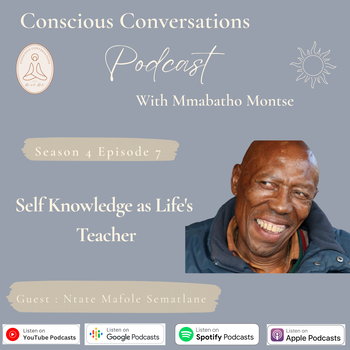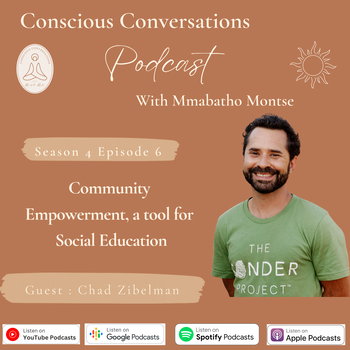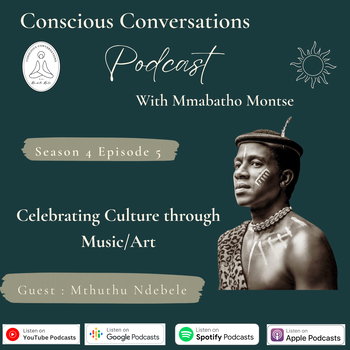
Reframing Education for the African Context
Loading player...
Quality education is said to promise highly developed and empowered individuals who can explore the peculiarities of their environment to obtain expertise and knowledge that will lead to innovation and advancement within a society. The word education is often referred to in the context of deliberate effort to equip the unequipped with facts, knowledge, skills and competencies that will enable them to function as adults in a specific society.
For decades, education in Africa has been disseminated through different colonial entities, such as missionaries, merchants, and governments - each with their own purpose. While African countries have been liberated from colonial rule for many years, the legacies and biases of colonialism on the education systems and its sub-components such as the curriculum and research fields continue to influence local knowledge systems, philosophies and perspectives.
In this conversation, we speak to Yandiswa Xhakaza about the relevance of local knowledge, culture and spirituality in reframing and implementing educational change in Africa to build a continent that is more representative of itself.
For decades, education in Africa has been disseminated through different colonial entities, such as missionaries, merchants, and governments - each with their own purpose. While African countries have been liberated from colonial rule for many years, the legacies and biases of colonialism on the education systems and its sub-components such as the curriculum and research fields continue to influence local knowledge systems, philosophies and perspectives.
In this conversation, we speak to Yandiswa Xhakaza about the relevance of local knowledge, culture and spirituality in reframing and implementing educational change in Africa to build a continent that is more representative of itself.





